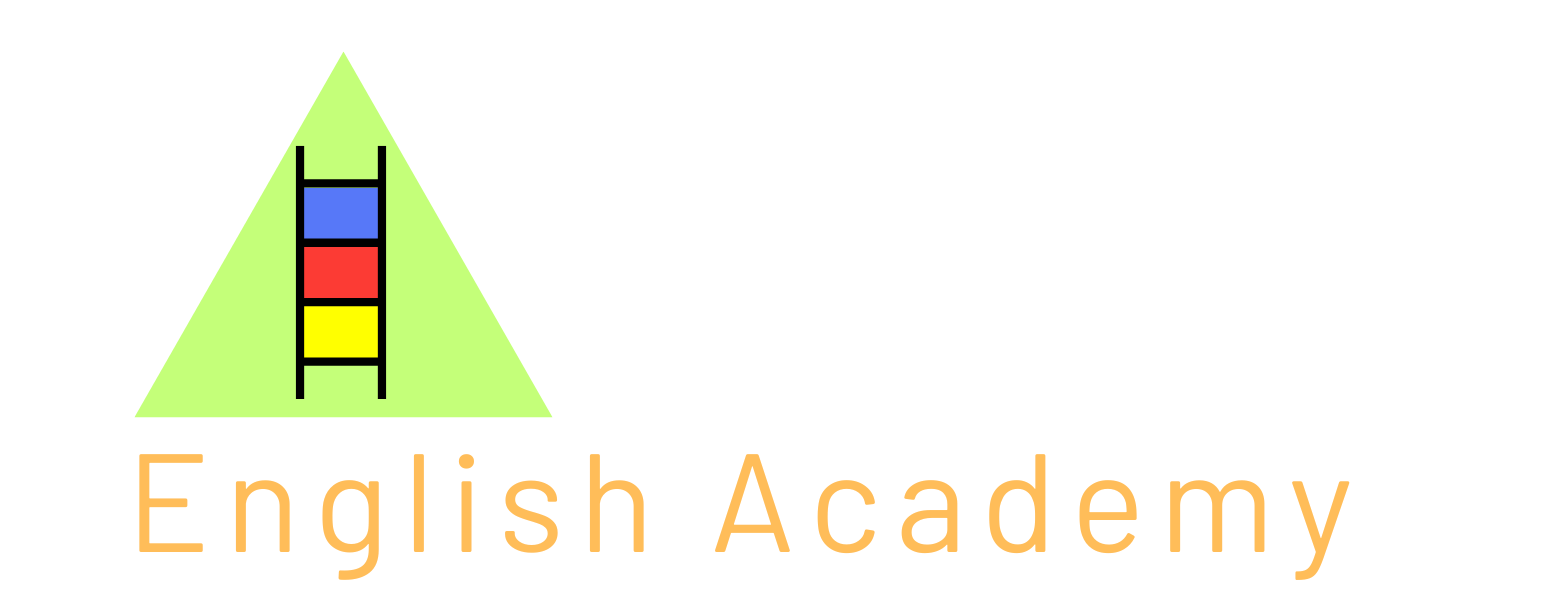FAQ
- Do students need to buy a textbook?
- Why do you insist on placement testing all new learners?
- Isn’t this learning system too serious and boring for kids?
- What type of learning support do you provide?
- Do you have a Learner Management System (LMS)?
- Won’t spending a week on reading get boring?
- Your approach seems a bit experimental, and how can I trust its effectiveness?
- Why is there no mention of Cambridge exam preparation?
- Do you teach IELTS?
- Why should we choose your academy?
The instructors use “Gateway to the World” by Macmillan as a resource to meet some of the curriculum objectives, but our learners are not required to purchase the book as it is not always used. We often develop our own resources and integrate more authentic materials, so our learners only need to bring notebooks to class.
Proper class placement is essential for each learner’s success. Misplacement can lead to stress and disengagement, affecting both the learner and the class. Our placement testing ensures that each learner is in a class where they can thrive and receive the support they need. Our motto is “the class should fit the learners; the learners should never be expected to fit the class!”
We strongly believe that teenagers genuinely want to learn English and gain satisfaction from personal growth through the language. Our approach ensures that topics are relevant to them, and we ensure that learners understand the purpose and benefit of each activity. We keep our learners engaged in the learning process, we keep the atmosphere friendly and as fun as we can without reducing the value of their learning. We also understand that by allowing our learners to express themselves as much as possible making the learning more fulfilling for them. Finally, we are very careful to minimize forcing them to listen to the teacher for too long or any tasks that don’t lead to meaningful learning as can be seen in some of the traditional approaches.
With a maximum of 16 learners per class, instructors can closely monitor progress and provide timely input. Communication activities are carefully designed, allowing students ‘thinking time’ and collaborate with peers to ensure they’re on track. Our focus is on building fluency first and being very careful with when and how learners receive feedback. In addition, we will periodically have one-to-ones with learners, especially if we see they are having difficulties.
We do not use a traditional LMS, as it often adds unnecessary complexity without enhancing learning. Instead, we focus on using online tools and assigning meaningful but small homework that either reinforces or prepares learners for classroom learning. Our approach ensures that each task genuinely adds value and our learners’ limited bandwidth is respected.
While the first week focuses on interpretive skills, each lesson integrates all three communication modes (interpretive interpersonal and presentational). Reading lessons for example, they would include pre-reading, during-reading, and post-reading activities, with discussions at every stage of the process and a presentational (one-way communication) task at the end. So, whatever the weekly skill focus is, the lesson structure will still an engagement of each of three communication modes.
Our IPA assessment and unit design framework is research-backed and inspired by the American Council for Teaching of Foreign Languages (ACTFL). This method ensures streamlined and coherent learning, with repeated processing of new language and ideas before students are expected to use it or express their own ideas. Our successful implementation of this framework in the past has not only led to impressive improvements in learner proficiency but also, increased learner satisfaction with this type of skills-focused learning process.
Our curriculum directly aligns with CEFR proficiency standards for each level taught, to ensure that students are well-prepared for Cambridge exams. More importantly, we use and train our learners to understand Cambridge rubrics (success criteria) to assess speaking and writing. Learner performance in these exams is best served by training students to think like assessors!
We prioritize holistic language development that builds a strong linguistic foundation that benefits learners in the long-term over exam-specific training, which has limited short-term value. There are no shortcuts in building up a young mind in another language! What we can assure parents is that we do keep a close eye on IELTS tasks and weave activities that focus on the same proficiencies into our curriculum. Our goal is to build a strong linguistic foundation that benefits our learners in the longer-term.
Our academy is for learners whose parents prioritize long-term language acquisition and holistic education with a focus on developing global citizens. We focus on skills and learning strategies to guide teenagers into becoming autonomous, globally aware and curious life-long learners. We enjoy working with teens and our goal is to think beyond exams and prepare learners to thrive in international education from both a social and academic perspective. What’s not to like about that?
